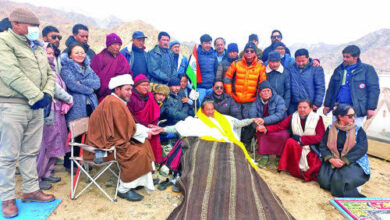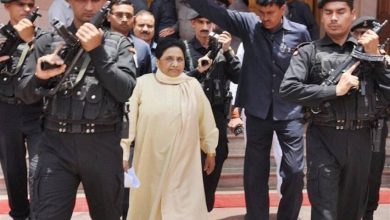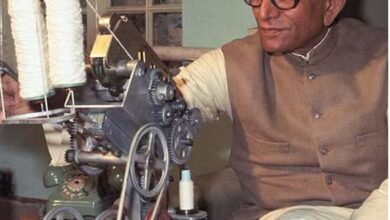Kalraj V Gahlot : Is Governor Bound to Summon the Assembly Session ?

—Saurabh Tiwari, Advocate High Court
In the backdrop of Rajasthan high court 24th july , 32 page judgment , Speaker C.P Joshi withdrew the petition pending before Supreme Court against high court previous interim order. Speaker was left with no option other than to withdraw the petition pending before supreme court, in the light of Justice Arun Mishra oral observation that this matter needs lengthy hearing.
Now spotlight shifted to the Raj Bhavan. The earlier attempt to initiate disqualification proceedings under Paragraph 2(1)(a) , against Sachin Pilot camp didn’t yield any result. Meanwhile Rajasthan high court on 24th july ordered status-quo on speaker notice, stalled the disqualification proceeding for indefinite period.
Now Rajasthan cabinet passed resolution for summoning of the house /legislative assembly repeatedly. Now question arises, does the Governor discretion overrides Council of Minister aid and advice to summon the House for Assembly session ?
Article 174 of the Indian constitution clearly elaborate that “The Governor shall from time to time summon the House to meet such time and place as he thinks fit”. Many argued that clause “as he thinks fit” gives absolute discretion to the Governor in calling the session of the legislative assembly under Article 174(2)(a). However way back in the year 1973 in the case of K.A Mathialagan v. Governor , the Madras High Court held that the Governor was bound by the advise of the Council of Ministers in the matter of prorogation/summon.
However in the year 2016 in case of Nabam Rebia and Bamang Felix v. Deputy Speaker and others , Supreme Court five judges Constitutional bench led by Chief Justice J.S Kehar concluded that ” Governor can summon, prorogue and dissolve the House only on the aid and advice of the Council of Minister with Chief Minister as the head. The court further clarified that Governor can exercise his absolute discretion to summon the house for floor test without any aid and advise of the Council of Ministers when circumstances indicate that Government has lost his majority. Supreme Court strongly observed that Constitution is founded on the principle of ministerial responsibility, Governor is not elected authority and is mere nominee of president thereby such a nominee/Governor can’t have an overriding authority over the representatives of the people ,who constitute the House. So by clear and unambiguous judgment Supreme Court Constitution bench held that Governor is bound by aid and advice of the Council of Ministers.
Nowit is interesting to note that, after summon of House for floor test , if Sachin Pilot Camp MLAs vote against Congress Government in the House they will definitely attract disqualification under Schedule 10 Paragraph 2(1)(b) of the Constitution for voting/abstains from voting in the House contrary to party whip.
But many questions are still unanswered as when there is settled law pronounced by Apex Court Constitution bench in the year 1992 in Kihoto Hollohan case that no Court can intervene prior to the Speaker final decision on disqualification then how Rajasthan High Court intervened in such case. It is true that High Court is not in the administrative control of the Supreme Court but under Article 141 of the Constitution , every court in India is bound by the law declared by the Supreme Court.
Rajasthan Speaker withdrew his petition from Apex Court but certain important legal questions arising must be answered. President must refer this question of law under Article 143(1) of the Constitution to Apex Court for clarification on High Court intervention against Kihoto Hollohan case judgment.
(Writer is Constitutional law expert practicing in Delhi and Allahabad High Court , view expressed here is personal.)





